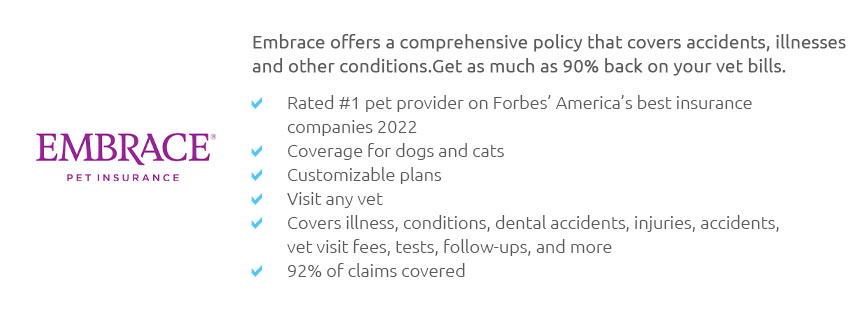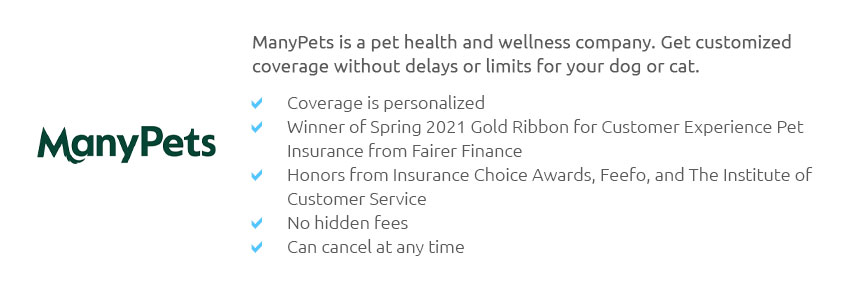 |
 |
 |
 |
 |
|
 |
|
 |
|
 |
|
 |
|
 |
|
 |
|
 |
 |
Pet Insurance Spaying and Neutering: Everything You Need to KnowUnderstanding Pet Insurance CoveragePet insurance can significantly alleviate the costs associated with veterinary care, but many pet owners often wonder about the specifics related to spaying and neutering procedures. While these procedures are common, not all insurance policies cover them. What Is Typically Covered?Most standard pet insurance policies do not cover elective procedures like spaying and neutering. However, some insurers offer wellness plans or additional riders that include such procedures. It's crucial to read the terms carefully.
For more information on when can i get pet insurance, visit this link. Benefits of Spaying and NeuteringSpaying and neutering your pet offers several health and behavioral benefits, contributing to a healthier and happier life. Health BenefitsThese procedures can prevent various health issues, including reproductive cancers and certain infections.
Behavioral ImprovementsNeutering can help reduce aggressive behaviors and roaming tendencies in pets. For further insights on when should you get pet insurance, consider exploring this resource. FAQDoes pet insurance cover spaying and neutering?Typically, spaying and neutering are not covered under standard pet insurance policies. However, some wellness plans might include these procedures. What are the benefits of adding a wellness plan to my pet insurance?A wellness plan can cover routine care such as vaccinations, spaying, and neutering, which are not typically included in standard policies, thereby reducing out-of-pocket costs for preventive healthcare. At what age should I consider spaying or neutering my pet?The ideal age can vary depending on the pet's breed and health. Consult your veterinarian for personalized advice. https://insurify.com/pet-insurance/knowledge/does-pet-insurance-cover-spaying/
Standard pet insurance won't cover spaying or neutering. You'll need to add wellness coverage to your policy to have the procedure covered. https://www.moneysupermarket.com/pet-insurance/does-pet-insurance-cover-neutering/
Neutering is a general term for the sterilization of pets. Technically, it's castration for males and spaying for females. Both involve a ... https://www.petinsurance.com/plan-restrictions/
... spaying or neutering; Spay/neuter (unless optional wellness rider with spay/neuter benefits is purchased); Special diets, pet foods, or dietary or nutritional ...
|